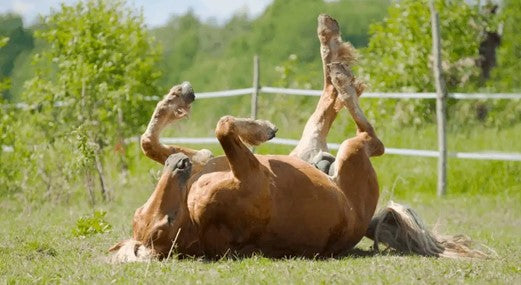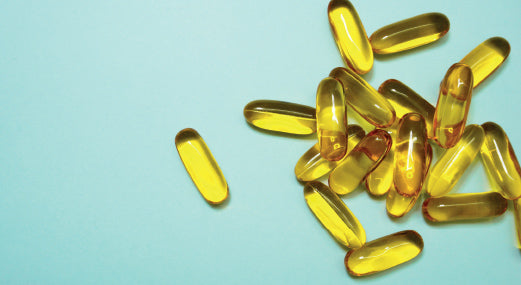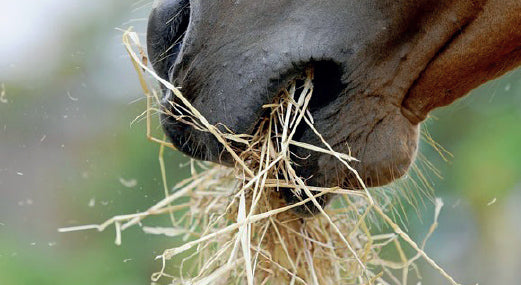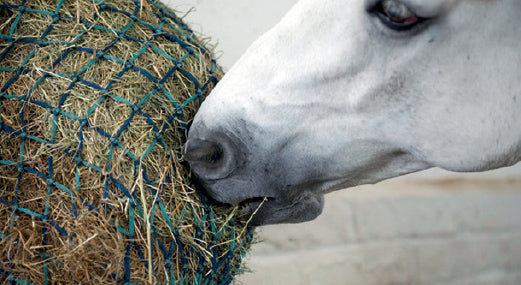Health & Nutrition
A Guide To: Respiratory Health For Horses
Is it normal for a horse to cough?
The short answer is no! It is not normal for a horse to cough at rest, or at the beginning of a riding session. If your horse does cough occasionally or regularly, it suggests some d...
Read More
How To Reduce The Risk of Colic This Winter
When it comes to horses, there are two dreaded C words. The first, Colic, the second, which takes responsibility for so many cases of the first is Change. Horses, and even more specifically, their digestive tracts hat...
Read More
How To Keep Your Horses Condition Through Winter
For many horse owners, winter poses numerous challenges for horse care. Undoubtedly, one of the most frustrating situations to be in is watching your horse loose condition. To prevent this from happening we first need...
Read More
Is there a 'beta' way to understanding ‘omegas’?
You will definitely have heard of omega-3’s, but how might these be relevant to our equines, and are they effective?
The term ‘essential fatty acid’ describes a group of compounds that are:
Essential – they cannot be...
Read More
Customer Interview: Charlotte and Greyman
What do Science Supplements customers and their horses really think?
Delve behind the scenes into the real life of customers using our products. Real life, honest feedback from real people and their horses – no in...
Read More
Does riding in a bitless bridle limit or prevent Dynamic Laryngeal Collapse?
Upper respiratory tract (URT) obstruction is a common cause of poor performance in racehorses and a major cause of lost earnings and wastage from training. Bits have often been incriminated as a cause of upper respira...
Read More
Why ‘baby talk’ might be the best way to speak to your horse
How do you speak to your horse?
Many care givers report speaking to their companion animals using a type of speech commonly referred to as ‘pet-directed speech (PDS)’. PDS is characterized as being exaggerated in to...
Read More
What is Omega-3, and what should you be looking for?
Omega-3 (O3) and Omega-6 (O6) fatty acids are essential polyunsaturated fats, with the term ‘omega’ referring to the chemical structures. O3 fatty acids especially, have been the subject of extensive research, support...
Read More
How does turnout space affect horses’ stress responses and behavioural interactions?
Background
Horses are highly social animals and can benefit substantially from interactions with other horses. However, group turnout can be associated with an increased injury risk from negative behavioural interact...
Read More
Can the type of hay fed influence equine dental health?
Background
Equine dental health is linked with wellbeing. Where diets are high in water-soluble carbohydrates (WSC) there is increased risk of peripheral caries in the molar teeth. Because horse teeth continually eru...
Read More
What do horses experience when travelling in a trailer?
Background
Horses are travelled for many reasons. During travelling, horses are exposed to multi-dimensional movements and other stressful stimuli such as noise. Understanding what motion and additional energy demand...
Read More
Does obesity awareness help equine caregivers manage their horses’ weight?
Background
Obesity is a significant welfare issue in the UK leisure horse population. Weight management strategies can be impacted by the understanding and awareness of body condition by equine caregivers. How caregiv...
Read More













